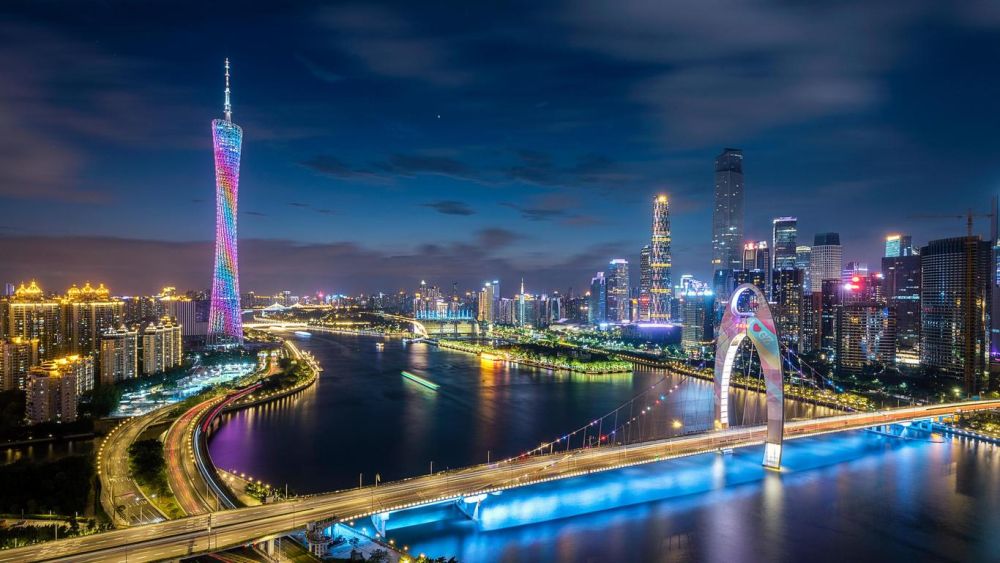

Tourism in Guangzhou, one of China's largest cities, has a history that reflects its status as a cultural and commercial hub. Known historically as Canton, Guangzhou has been an international trade center for centuries, particularly famous for the Canton Fair which started in 1957. This fair alone has been a significant draw for business travelers from around the globe, thus contributing to the city's early tourism development.
During the Tang Dynasty (618-907 AD), Guangzhou was a major port city that welcomed foreign traders and diplomats, often mentioned as the start of the Maritime Silk Road. Over time, it became one of the first Chinese cities to be exposed to Western influences.
In modern times, the city began focusing on tourism in the late 20th century, after China's "Reform and Opening Up" policy initiated by Deng Xiaoping in 1978. This period led to the rapid development of Guangzhou's infrastructure, including transport links like the Guangzhou Baiyun International Airport and Guangzhou East Railway Station, as well as numerous hotels and tourist facilities.
Cultural attractions such as the Chen Clan Ancestral Hall, the Sun Yat-sen Memorial Hall, and the stunning Canton Tower have been focal points for tourism. The city also offers a rich culinary heritage with its famous Cantonese cuisine, attracting food enthusiasts worldwide.
As for the latest tourism trend, Guangzhou has been embracing digital transformation in its tourism sector. It's increasingly using mobile technology like WeChat and Alipay for services ranging from booking tickets for tourist attractions to checking in at hotels, which has significantly improved the convenience for tourists. Furthermore, Guangzhou is focusing on sustainable tourism, developing eco-friendly policies and promoting the conservation of its natural and historical sites.
The city is also expanding its cultural festivals, such for example the Guangzhou International Light Festival, which gains popularity each year and adds a vivid dimension to its tourism offerings. Additionally, Guangzhou is continuously improving its MICE (Meetings, Incentives, Conferencing, Exhibitions) sector to host international conferences and events, which helps to attract professional visitors from around the world.
Guangzhou's tourism history shows a city constantly adapting and innovating to meet the needs of an ever-changing global audience, while still maintaining its unique historical and cultural identity. As it looks to the future, Guangzhou is set to remain a vibrant and attractive destination for tourists and business travelers alike.